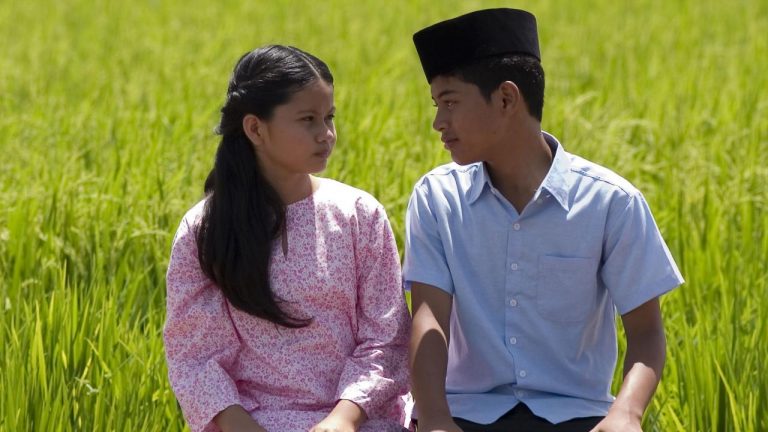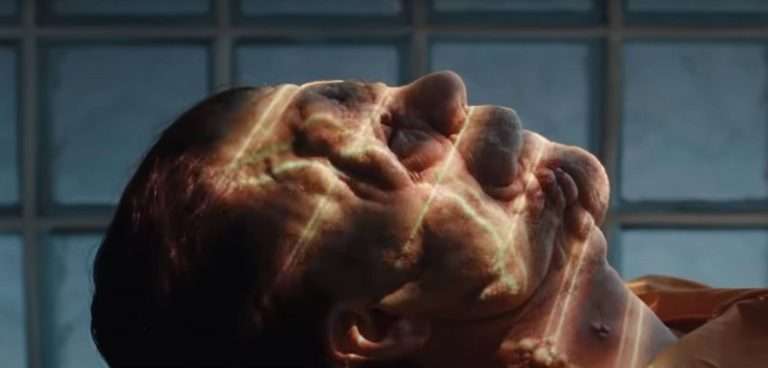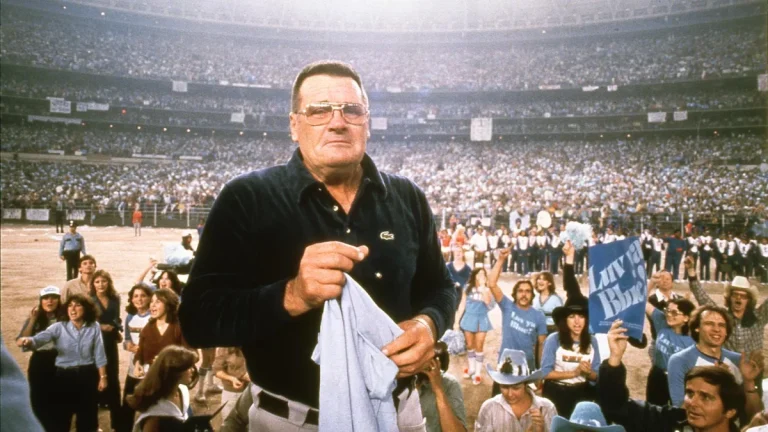“There’s something beautifully friendly and elevating about a bunch of guys playing music together. This wonderful little world that is unassailable. It’s really teamwork, one guy supporting the others, and it’s all for one purpose, and there’s no flies in the ointment for a while. And nobody is conducting it; it’s all up to you. It’s really jazz.”
The words from Keith Richards’ 1990 memoir Life might serve as an overture to introducing the boys of JASS, the amateur jazz band at the center of “Blue Giant” (Yuzuru Tachikawa, 2023). Adapted from the jazz-themed manga series of the same name written and illustrated by Shinichi Ishizuka, “Blue Giant” is an austere cinematic representation of Japanese jazz. While on the one hand, it is true that the story revolves around the rise of musical prodigy Dai Miyamoto, on deeper probing of the film, it becomes a document of how the jazz houses become places where “one is socialized, evangelized, and indoctrinated into the mental discipline of jazz appreciation, and to a deeper understanding of the music’s message and spirit.” (Blue Nippon, E. Taylor Atkins, 2010)
Blue Giant (2024) Plot Summary & Movie Synopsis:
Tokyo Dreams: Can Dai find his place in a dying jazz scene?
Set in Tokyo, Dai Miyamoto, a high school student, aspires to be the greatest jazz player in the world. He leaves his hometown and shows up unannounced at his childhood friend’s apartment, asking him to put him up for some time. Dai dabbles in construction work to pay rent to his friend, Tamada. One day, Dai visits a Jazz club named Jazz Take Two, hoping to see a live jazz play. The lady owner says that there is nothing. The bar has stopped having live jazz performances lately. Noticing Dai’s enthusiasm for jazz, the woman, however, plays a record of jazz. Dai is stupefied to see her record collection. He is even more stupified when she selects the record fitting for the rainy weather. The lady writes down the name of a jazz place for Dai to visit.
The place, Jazzspot, has been popular since 1986. Once inside the club, a call-and-response jazz performance between the guitar and piano becomes an overwhelming experience for Dai to fathom. The sleight of hands of Sawabe Yukinori, the pianist, impresses Dai. Sawabe is accosted by him after the performance with a proposition to start a band. Sawabe tells Dai that the jazz scene in Tokyo is marching towards its death. Without listening to Dai’s talent with his tenor saxophone, Sawabe refuses to entertain the idea of forming a band. If Dai indeed has talent, Sawabe professes that he would use him as a stepping stone. Sawabe explains that, unlike rock bands, jazz bands are transitory and ephemeral. The members part ways after using each other as stepping stones to carve a niche for themselves.
Does Dai’s saxophone playing impress Sawabe?
Sawabe arrives at Jazz Take Two at Dai’s insistence on hearing him play. Dai, who used to play basketball, took up the sax three years ago and has been playing by himself along the river. A fledgling in that sense, Dai has only taken lessons for six months. On the other hand, Sawabe has been playing the piano since he was only four. Sawabe is not entirely convinced of Dai’s confidence.
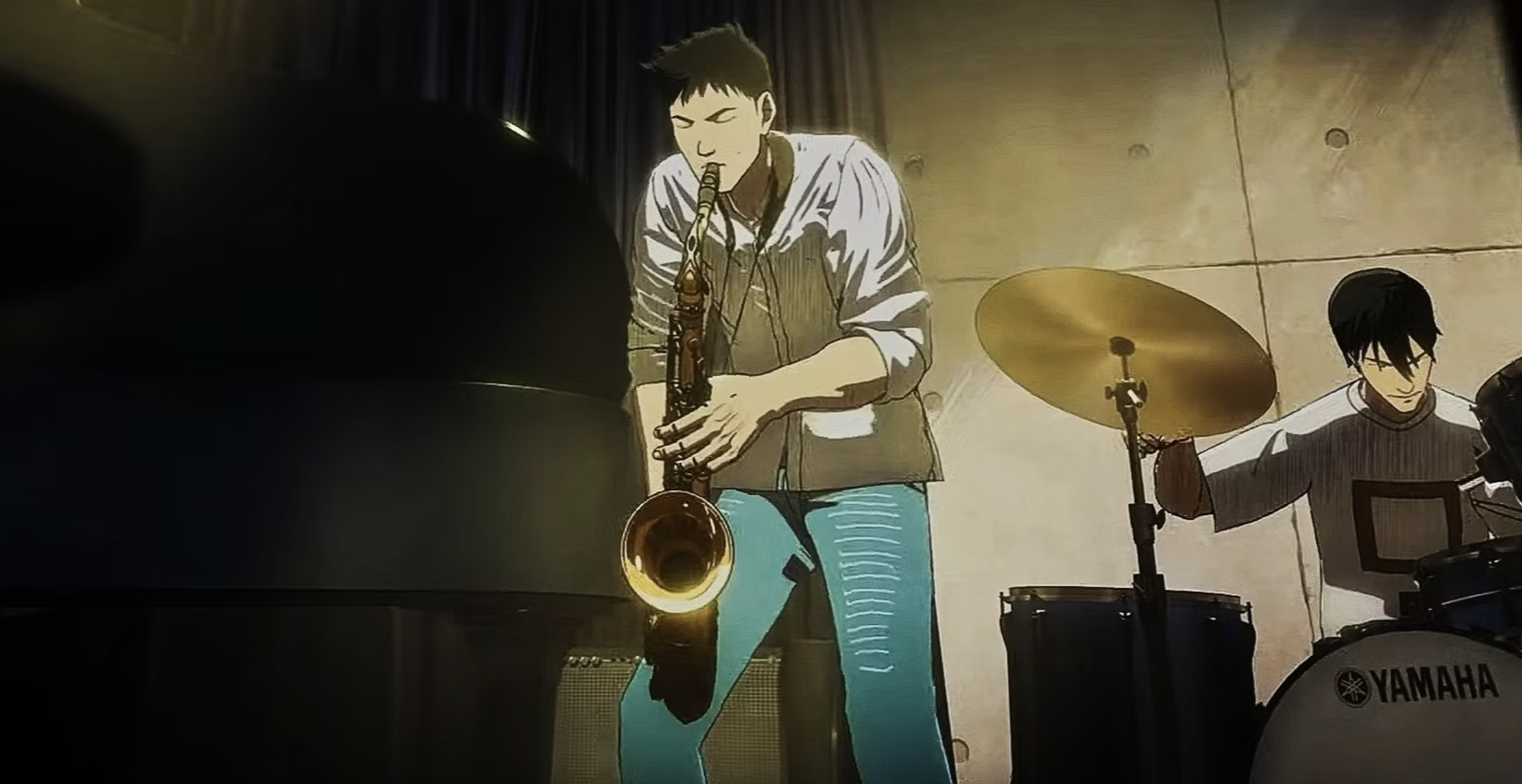
Dai’s performance with his sax affects Sawabe. However, the latter maintains his nonchalance. Sawabe asks Dai to leave for the day. Later, Sawabe breaks down in front of the owner of Jazz Take Two, Akiko, who is profoundly moved by Dai’s diligence, which has made him an ace with the sax. Sawabe and Dai join hands and start playing together. However, due to their inherently opposite moving artistic approaches, the practice sessions are not devoid of some heated quarrels. Soon, they feel the need for a drummer. To Dai’s surprise, Tamada approaches him to play the drums. Sawabe’s protests that appointing a philistine person like Tamada do not bear any fruit. Tamada joins the two, even if as an unofficial member.
How does their first live performance go?
Dai approaches a bar and pleads with the owner to let them play a live session. The bar owner, however, demands a rough estimate of the customers they can amass to boost their business. The next day, Dai distributes leaflets at the city square, looking for a potential audience for their debut show. He earnestly approaches an officegoer who says that there is a ten-percent chance for him to turn up at the show. Dai promises to double up their efforts for the performance.
On the night of the performance, the jazz house is as empty as before, with three regular customers visiting the house irrespective of the performance. This does not deter Dai, and he starts playing his sax. Dai’s fiery solo, accompanied by Sawabe’s feat with the piano, dazzles the customers and the owner of the jazz house. The officegoer arrives later but is swept away by their performance. Tamada struggles with the drums and is aware of his inability to match up the level of his bandmates.
The sequence ends with Tamada being interviewed years down the line, and he recounts his experience of performing live for the first time. Tamada, who has now become an executive by the look of it, confesses that he still brags to others about performing with Dai during his greatest performance. One can recognize that the pieces of interviews are being threaded together to form a narrative about Dai.
Will the Upstart Band Impress at the Katsushika Jazz Festival?
By the second live performance, Dai comes up with a name for their band– JASS. JASS amasses a good audience with each passing live performance at different clubs. Tamado, too, gets better with the drums, but he still has a long way to go. While strolling down the streets after a performance, the three stop at the number one jazz club in Japan, SoBlue. While expressing SoBlue’s elite stature in the jazz scene, Sawabe explains that SoBlue charges ten thousand yen for admission to a performance. They cap at 250 people. Dai says that they will take a year to practice and be on the SoBlue stage.
Once, while hanging out at Jazz Take Two, Dai brings in the news of a jazz festival. Katsushika Jazz Festival, a festival for the revival of the historic fundamentals of jazz, is going to be held in one month. Dai expresses an interest in the performance of one pianist called Amanema Kousei. Amanema’s band will have the main act and JASS will open for them. Sawabe sees this as a befitting opportunity to establish themselves in the musical landscape, as the festival will be populated by renowned jazz artists and doyens in the field. Failing to leave an indelible mark would lead to the group slinking into anonymity.
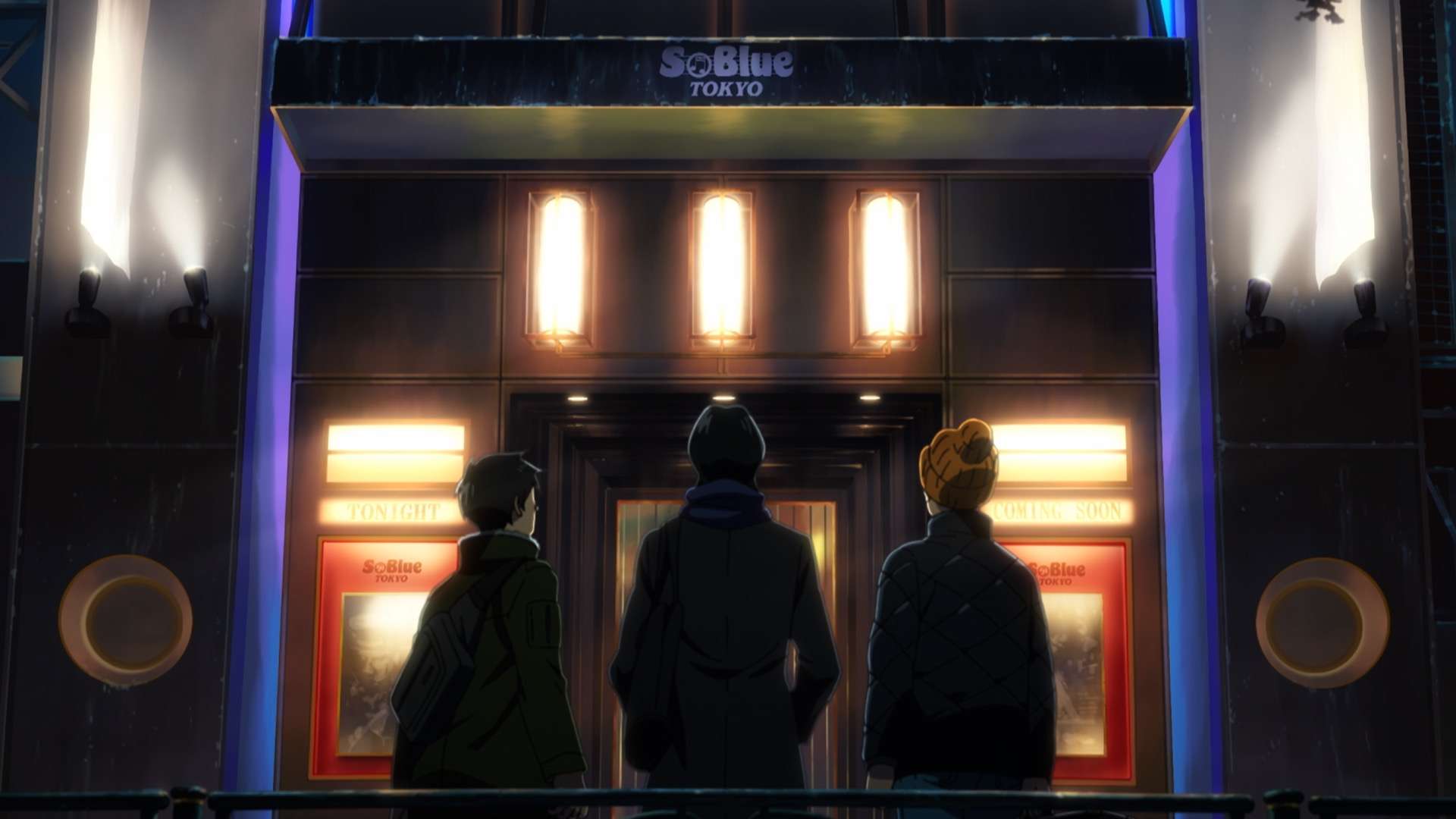
Can JASS Impress SoBlue’s Management?
At the performer briefing session, Dai meets Amanema, who has recommended their name for the festival. However, Amanema, with the haughtiness of a seasoned performer, dismisses Dai’s inexperienced belief about his band’s capabilities. When Dai tells Sawabe and Tamada of Amanema’s comment, Sawabe advises that they should incorporate elements from other bands. However, Dai advises against it as it would drown their originality. Dai believes that they should grow their physical strength instead. On the day of their performance, the audience does not know what to expect from JASS and awaits the main act. However, Dai changes the game and surprises them with his solo. Following their performance, a record company approaches them.
The management of SoBlue gets bombarded by emails from Sawabe, who gets access to SoBlue’s mail address from Guitarist Kawakita. On Sawabe’s insistence, the management head appears for one of their performances without the knowledge of Dai and Tamada. Sawabe meets the management head, Tyler, surreptitiously to discuss the possibilities of playing at SoBlue. Tyler praises both the performances of Dai and Tamada for their earnestness. However, he ruthlessly criticizes Sawabe for delivering an underwhelmingly selfish performance. Tyler goes to the extent of saying that even Kawakita’s recommendation could not save Sawabe’s face. Heartbroken at Tyler’s comments, Sawabe feels guilty about jeopardizing the band’s only chance of getting to the stage of SoBlue.
How does tragedy befall JASS?
Dai rebukes Sawabe for letting Tyler’s opinion disempower him, calls him a coward, and prepares to leave. Dai tells Tamada that they can do only little if Sawabe himself has decided to wallow in his misery. Reiterating Sawabe’s initial utterance, Dai reminds us that jazz members are not supposed to stay forever. However, Tamada points out the diverse reasons for which their paths have become concentric and professes that he wants to stay by Sawabe’s side as his only aim is to play with the two. However, it is not too late before Tyler approaches Sawabe again, looking for an emergency pianist for a show. Sawabe’s performance moves everyone, and JASS steals a spot at SoBlue. The sequence ends with an interview with Akiko, the owner of Jazz Take Two, who shares her feelings about when the boys got promoted to SoBlue.
With two days remaining to their definitive performance, Sawabe is lost in thought while at his job at a roadside construction site. This act of mooning over proves fatal, as a truck mows him down, causing his arm to be completely twisted. The incident completely shakes Dai and Tamada, but they are resolute in performing even without Sawabe. Dai makes Tyler agree to their plan.
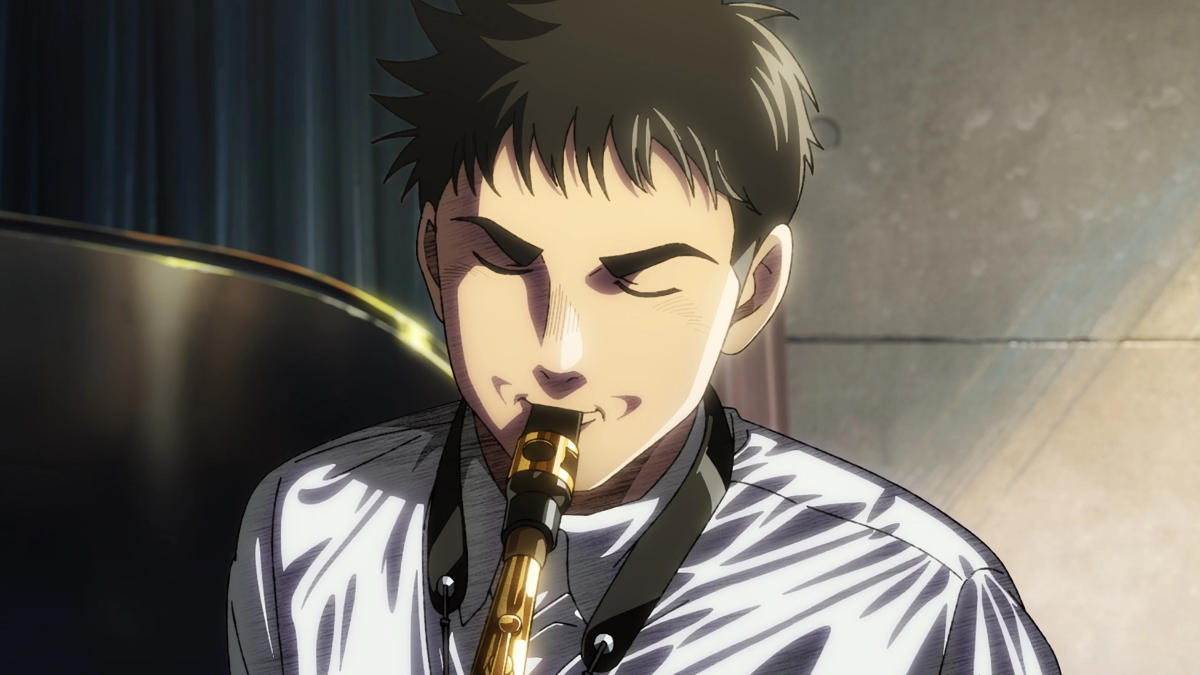
When the day arrives, Dai and Tamada manage to create a stir with their performance even without their most sound support. The boys are surprised to see Sawabe. Sawabe offers to play the piano with his left hand for the encore performance. The three decide that JASS is disbanding following this performance. JASS’ last performance leaves an indelible mark on the audience’s mind.
Blue Giant (2024) Movie Ending Explained:
Why is the film called ‘Blue Giant’?
Although the film provides little explanation for such an insertion, it is not only Tamada and Akiko who get interviewed. Another man appears twice throughout the film and talks about his association with Dai as part of the interview. The film does not provide any context about his relation to Dai. But presumably, he must have been Dai’s sax teacher.
Towards the end, we hear him say:
“In the past, when I was young, in our group, there was an incredible jazz player. We took to calling him ‘Blue Giant’. With such a hot temperature, to the degree of the limits one can take, he was like a bright, blue, shining star. That show was very blue”.
According to the European Organisation for Astronomical Research in the Southern Hemisphere, commonly referred to as the European Southern Observatory, the blue giants are O-type stars that have fifteen or more times the mass of the Sun and can be up to a million times brighter. However, perhaps as a punishment for defying the limits of burning, the blue giants also die young and have very short lifespans, which end in violent supernova explosions.
“They drive energetic physical processes that affect the structure of the entire galaxy in which they are found,” says Swetlana Hubrig, a researcher at the Leibniz Institute for Astrophysics in Potsdam, Germany.
Read More: The 10 Best Movie Musicals in Cinema
The film narrativizes this cosmic phenomenon. Even though we follow the band’s crystallization and subsequent disbanding, we should not lose sight of the fact that the story surrounds itself with Dai’s life. By the end of the narrative, Dai emerges as the Blue Giant- a power so unmistakably enormous that it alters the entire universe that holds the star, here the band. Dai’s ascent necessitates JASS’ dissolution, each living on the condition of the other’s annihilation.
In the post-credit scene, we find Sawabe formulating notes for a piece titled ‘Blue Giant’ for Dai. Throughout the film, the moment of the brazenly improvisatory nature of Dai’s artistic approach is also the moment of the subversion of the more classical approach of Sawabe. Sawabe wants to win at jazz by remaining well within the framework, but only Dai is endowed with the capability of becoming the greatest by disappropriating his responsibility of ‘winning’ at jazz.


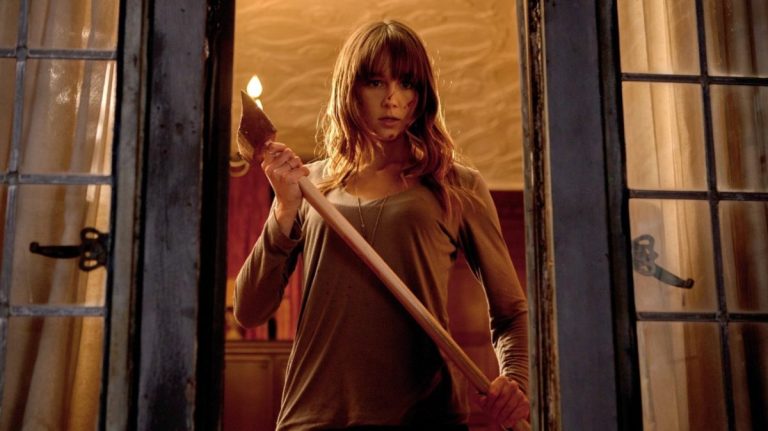
![Sundarbaner Vidyasagar [2022] Review – Interesting premise and plot makes this show a different one from the usual thriller oeuvre](https://79468c92.delivery.rocketcdn.me/wp-content/uploads/2022/03/Sundarbaner-Vidyasagar-768x427.jpg)
![Mukti Bhawan [2017]: Making Peace with Death](https://79468c92.delivery.rocketcdn.me/wp-content/uploads/2017/04/Mukti-Bhawan-1-768x457.jpg)
